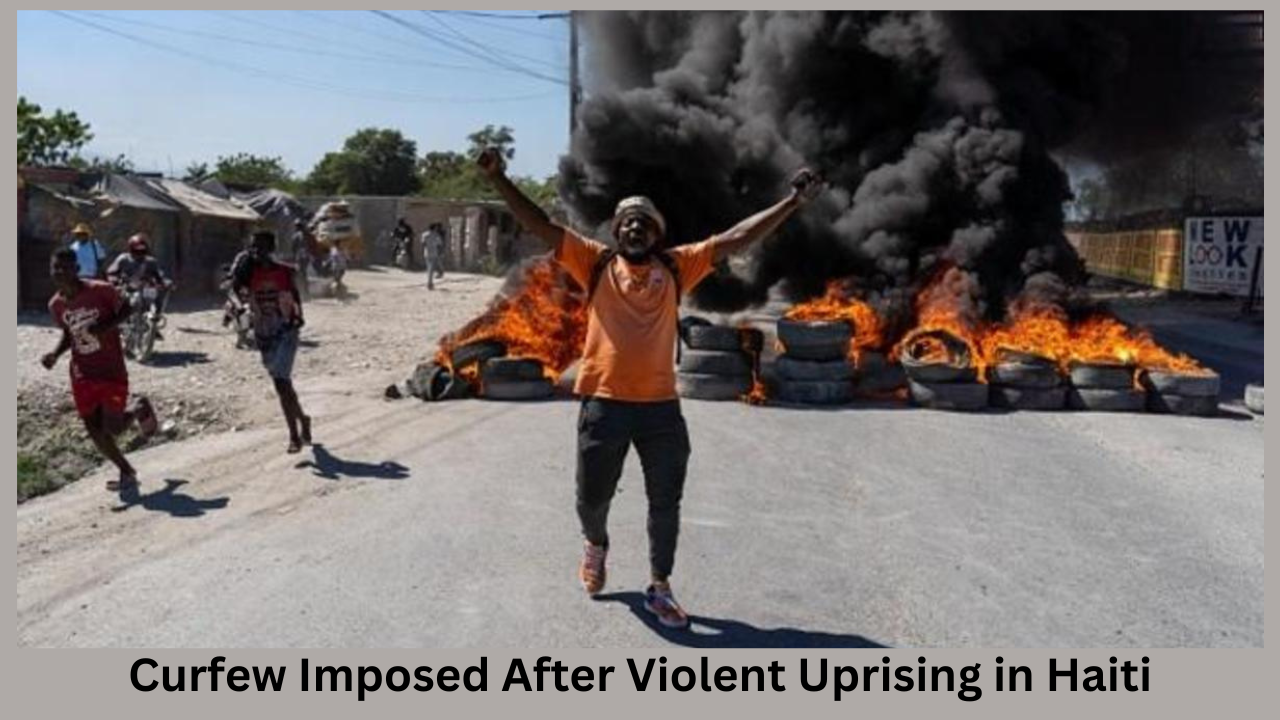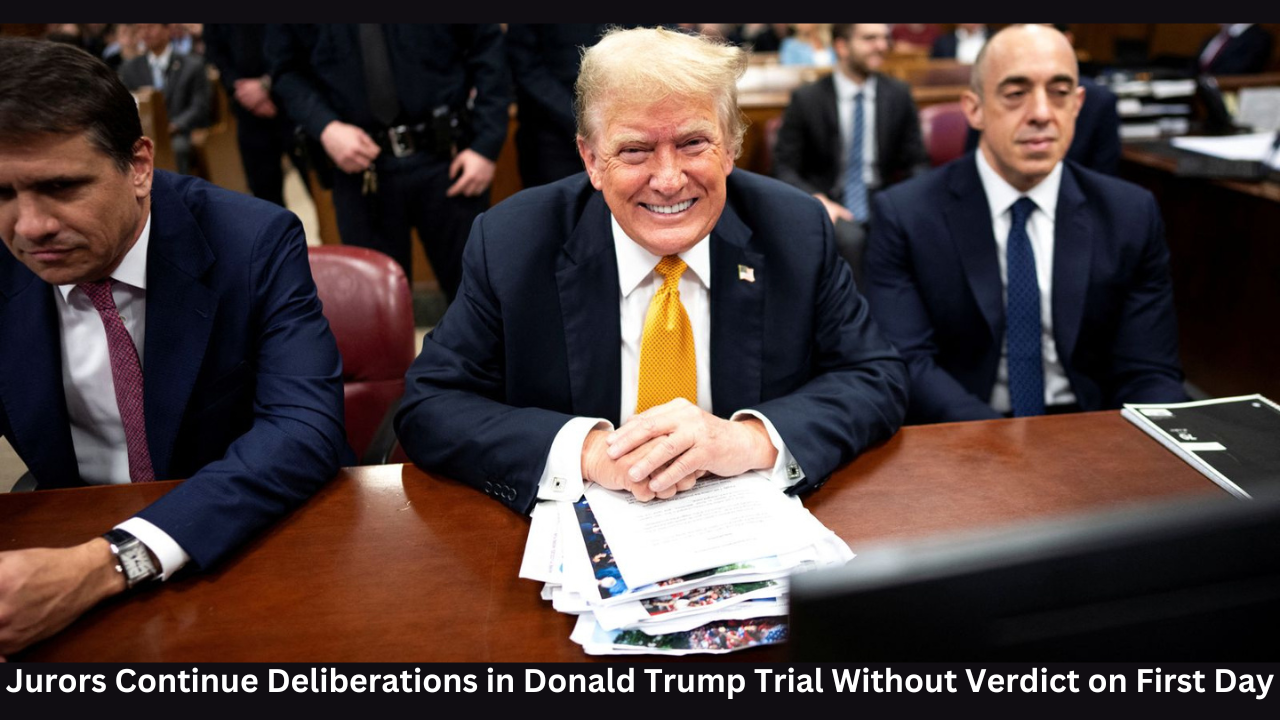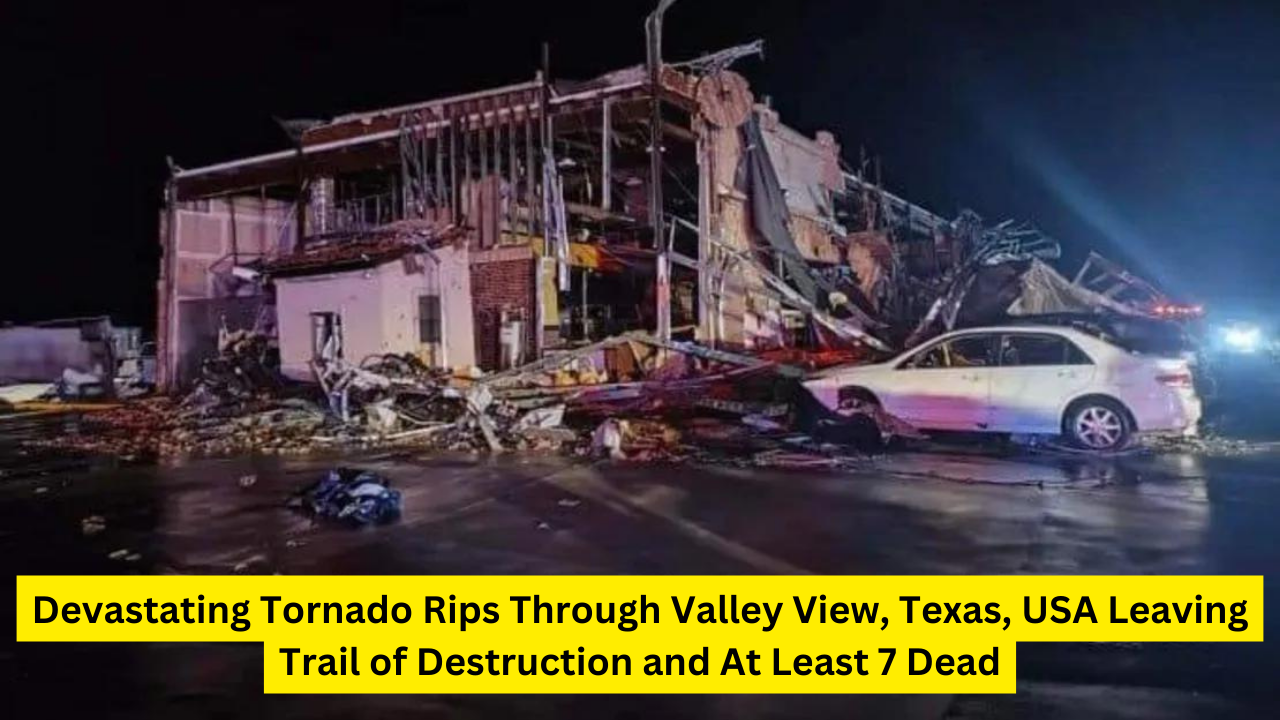Authorities in Port-au-Prince, Haiti, quickly imposed a curfew in response to a violent disturbance that resulted from armed gangs seizing control of two main jails and freeing thousands of prisoners within a week. With the government promising to capture fugitives, the 72-hour emergency phase tries to restore order. The central bank was one of the key targets for the gangs, who were already claiming over 80% of the capital. As the situation deepens, urgent international intervention is sought. Concerns for civilian safety and cries for help from the Haitian people persist in the current circumstances.
Emergency Measures and Government’s Resolve
A 72-hour emergency was declared on Sunday night, and the government declared that it wanted to find and apprehend assassins, kidnappers, and other fugitives. The deputy prime minister and finance minister, Patrick Bourdet, stressed that the police had been ordered to enforce the curfew and employ all available legal methods to capture any criminals.
Gangs Assert Control
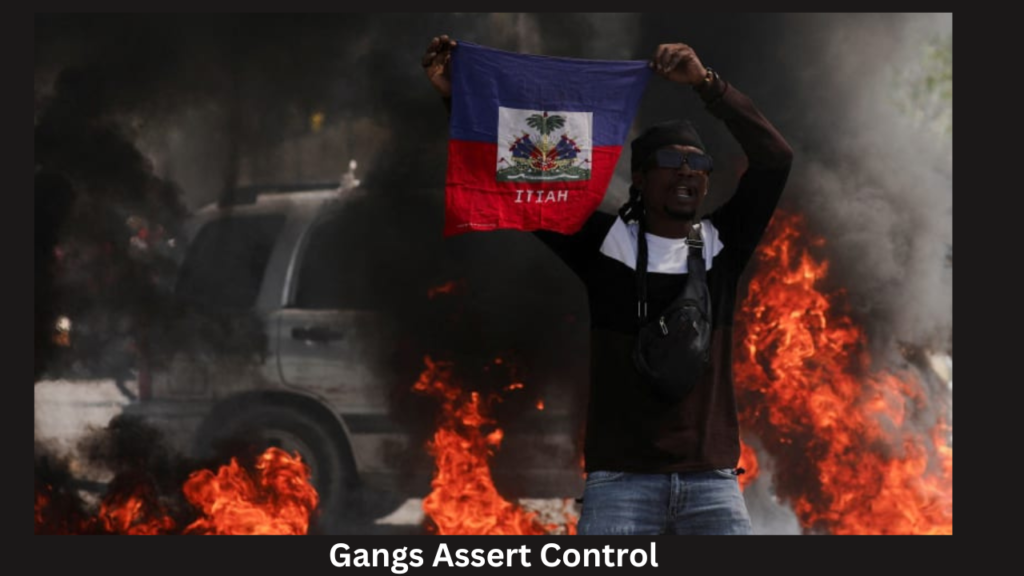
Gangs quickly connected their activities to major objectives like the national bank, and they were thought to control as much as 80% of the capital, Port-au-Prince. Last week, Prime Minister Ariel Henry left the country to request assistance from security forces backed by the UN in battling the growing power struggle with powerful criminal organizations in Haiti.
Over 11 million people are protected by Haiti’s National Police, which has about 9,000 officers, according to the UN.
Violence Escalates and International Response
Including attacks on official infrastructure, such as international airports and the national football stadium, and specific assaults against police personnel, the recent wave of violence in Haiti has peaked in the city of Saint-Marc.
But later in the week, an attack on a major prison complex stunned Haitians since, according to reports, some 4,000 convicts managed to escape. On Sunday, three dead bodies with gunshot wounds were discovered at the jail’s front gates.
Two bloodstained bodies with their wrists tied behind their backs lay on the road in another neighborhood, illuminating the turmoil that was taking over the streets as motorcycles with torches went by.
Call for International Assistance and Concerns for Civilians
One of the men, Francisco Uribe, posted a request for assistance on social media, stating, “Please help us.” They are murdering people in their homes without distinction.”
It has been requested by the Ministry of Foreign Affairs of Colombia that Haiti grant “special protection” to men. Around 1,400 prisoners were housed in another jail in Port-au-Prince that has since closed.
Numerous individuals’ access to the internet was cut off as a result of gunshots reported in multiple parts of the capital, and Haiti’s highly mobile network suggested that fiber optic cable connections had been disrupted during the disturbance.
International Impact and U.S. Response
The U.S. Embassy declared that all authorized travel within the nation would be suspended in the wake of gang violence at Port-au-Prince’s international airport last week. It issued a strong warning to all American citizens on Sunday night to leave as soon as possible.
The Biden administration has expressed serious worries about the worsening security situation while declining to commit any international force to Haiti and instead providing financial and logistical help.
Prime Minister’s Response and Accountability of Violence Increase
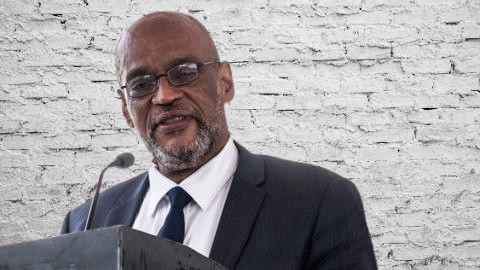
Following the most recent violent upheavals and in the midst of continued deadly protests, Prime Minister Henry—who assumed office following President Jovenel Moïse’s assassination—dissolved Parliament and put forth a proposal for the long-overdue legislative and presidential elections.
The gang federation’s leader, Jimmy Cherizier, a former special police officer formerly known as Barbecue, acknowledged taking credit for the uptick in violence during the attacks. He said the intention is to apprehend government ministers and the head of Haiti’s police force in order to stop Henry from coming back.
The neurosurgeon prime minister Henry has rejected calls for his resignation. He remained silent when asked if he felt secure going back home.

